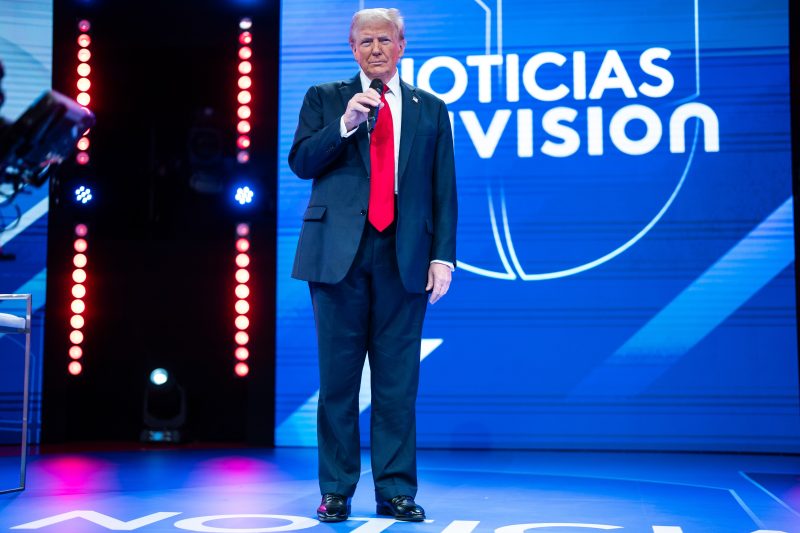In a significant departure from his previous stance, former President Donald Trump recently referred to the participants of the January 6 insurrection as insurrectionists during an interview with the Fox News host Laura Ingraham. This shift in language signals a departure from his previous reluctance to directly condemn the violent events that unfolded at the U.S. Capitol on that fateful day.
Throughout his tenure as president, Trump faced criticism for downplaying or even outright denying the severity of the events of January 6, instead choosing to refer to them as a peaceful protest or focusing on his false claims of election fraud. However, his recent characterization of the insurrectionists as such represents a significant shift in his rhetoric and may signal a strategic move on his part.
This change in language could be interpreted in several ways. Firstly, it might indicate a recognition on Trump’s part of the gravity of the events that took place on January 6. By acknowledging the insurrectionists as such, he is implicitly acknowledging the violent and unlawful nature of their actions, which stands in stark contrast to his previous attempts to dismiss or minimize their significance.
Additionally, this shift in language could be seen as a response to the mounting legal challenges and public scrutiny that Trump is facing in relation to the events of January 6. With multiple investigations underway and the possibility of legal consequences looming, Trump’s decision to label the participants as insurrectionists may be an attempt to distance himself from any culpability and portray himself as a law-and-order figure who condemns violence and lawlessness.
Furthermore, this change in rhetoric could be a calculated move aimed at appealing to a broader audience and rebuilding his political image. By distancing himself from the insurrectionists and condemning their actions, Trump may be seeking to regain some of the credibility and support that he lost in the aftermath of January 6. This could be particularly crucial as he considers his future political ambitions and seeks to maintain relevance within the Republican Party.
Regardless of the motivations behind Trump’s new characterization of the January 6 insurrectionists, it is clear that this shift in language carries significant political implications. It represents a break from his previous rhetoric and could have far-reaching consequences for his political future and legacy. As the investigations into the events of January 6 continue to unfold, Trump’s evolving stance on the insurrectionists will undoubtedly remain a topic of intense scrutiny and debate.

